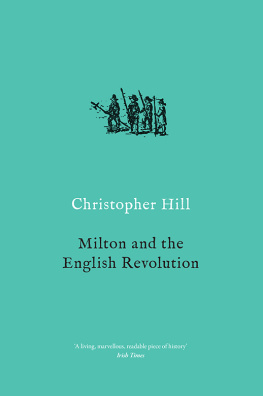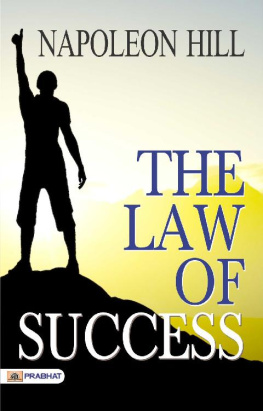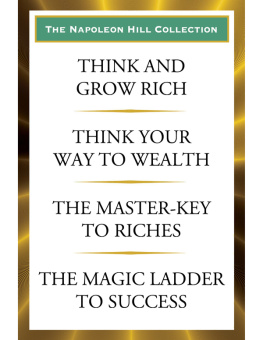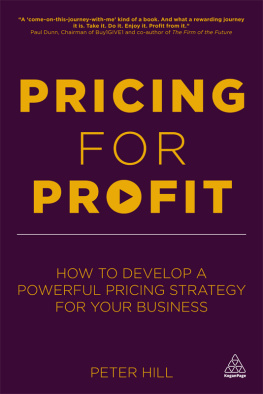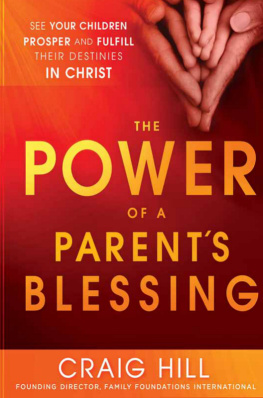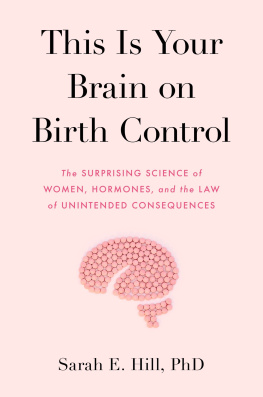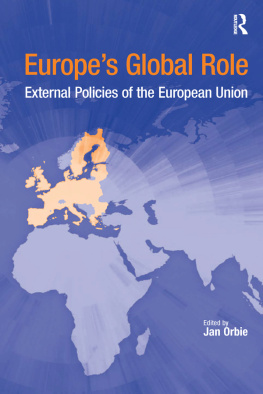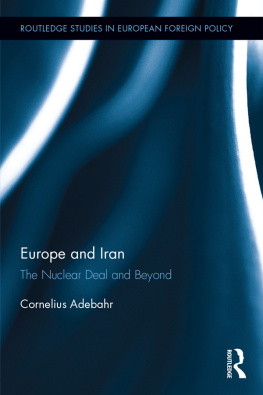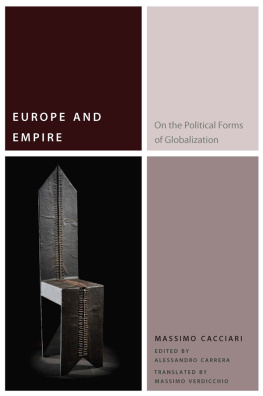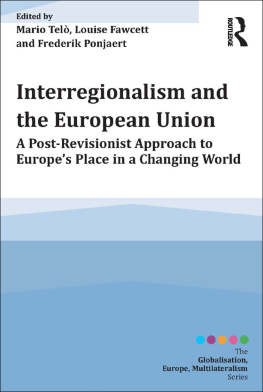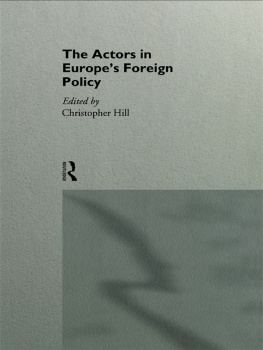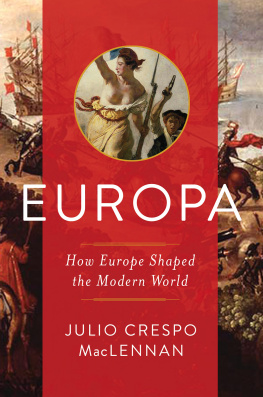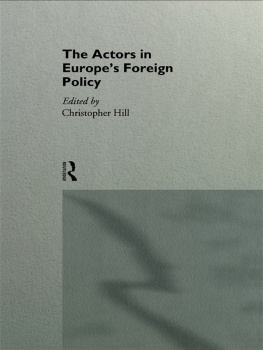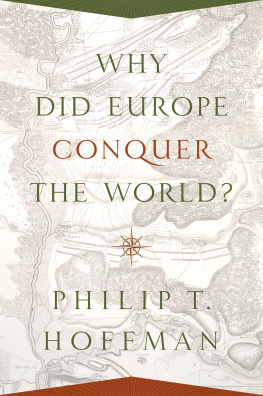Europes Promise
EUROPES PROMISE
WHY THE EUROPEAN WAY IS THE
BEST HOPE IN AN INSECURE AGE
Steven Hill

University of California Press, one of the most distinguished university presses in the United States, enriches lives around the world by advancing scholarship in the humanities, social sciences, and natural sciences. Its activities are supported by the UC Press Foundation and by philanthropic contributions from individuals and institutions. For more information, visit www.ucpress.edu .
University of California Press
Berkeley and Los Angeles, California
University of California Press, Ltd.
London, England
2010 by Steven Hill
Library of Congress Cataloging-in-Publication Data
Hill, Steven, 1958
Europes promise : why the European way is the best hope in an insecure age / Steven Hill.
p. cm.
Includes bibliographical references and index.
ISBN 978-0-520-24857-1 (cloth : alk. paper)
ISBN 978-0-520-26137-2 (pbk. : alk. paper)
1. EuropeSocial conditions21st century.
2. EuropePolitics and government21st century. I. Title.
HN373.5.H55 2010
306.2094'09051dc22 | 2009022718 |
Manufactured in the United States of America
18 17 16 15 14 13 12 11 10 09
10 9 8 7 6 5 4 3 2 1
This book is printed on Cascades Enviro 100, a 100% post consumer waste, recycled, de-inked fiber. FSC recycled certified and processed chlorine free. It is acid free, Ecologo certified, and manufactured by BioGas energy.
To Lucy. Without you, none of this would have been possible.
Contents
PART ONE
SOCIAL CAPITALIST EUROPE
PART TWO
HEALTHY EUROPE
PART THREE
SUSTAINABLE EUROPE
PART FOUR
GLOBAL EUROPE
PART FIVE
PLURALIST EUROPE
PART SIX
THE CONCEPT OF EUROPE
PART SEVEN
WILL EUROPE SURVIVE?
Preface
On January 8, 2009, French president Nicolas Sarkozy mounted the speakers podium at a two-day summit in Paris that had been called to tackle the ongoing collapse of the global economic system. Occurring less than two weeks before the inauguration of President-elect Barack Obama, alarm bells had been ringing in the worlds capitals as the impacts of the economic crash from the previous fall ricocheted around the world. In all the worlds major and developing economies, unemployment was rising rapidly, the global banking system had frozen despite various interventions, the stock market had fallen off a cliff, and most nations had tilted into severe recession. The Paris summit was packed with other political heavyweights and heads of state, notably German chancellor Angela Merkel, former British prime minister Tony Blair, Nobel Prizewinning economists Joseph Stiglitz and Amartya Sen, World Trade Organization head Pascal Lamy, and European Central Bank president Jean-Claude Trichet, among others. The stunned world leaders realized they were staring into the face of the worst economic calamity since the one whose name must not be mentionedthe Great Depression.
Unlike Sarkozys predecessor, the elderly Jacques Chirac, who had led European opposition to the Bush administrations Iraq invasion and was scornfully labeled as a washed-up remnant of old Europe, this French president was viewed approvingly by many Americans as the type of European leader they could trust. In his 2007 campaign for the presidency, the conservative Sarkozy had gone out of his way to break with the perceived French tradition of U.S. bashing, pronouncing himself pro-American and even reaching out to President George W. Bush. He advocated for a rupture with Frances top-down, dirigiste economic model in favor of a more U.S.-style free market economy. In the ongoing Rorschachian transatlantic dance in which Americans and the French seem to see in each other what they dont want to see about themselves, Americans refreshingly saw Sarkozy as an outside the box thinker and a force of nature, and ultimately Time magazine selected him as a runner-up for its Person of the Year, 2008, just behind President-elect Obama himself.
So with most of the world blaming the U.S. financial system for the global meltdown, Uncle Sam was happy to have a friend in the office of the French presidency. America thought it had nothing to fear as President Sarkozy stood at the podium at the Paris conference, projecting his usual energetic dynamism at the eye of the tempest. Until he started to speak.
Ive always in my political life been a supporter of a close alliance with the United States, but lets be clear: in the twenty-first century, a single nation can no longer say what we must do or what we must think, said Sarkozy. Questioning the morality and logic of American-style capitalism, Sarkozy called capitalism based on financial speculation an immoral system that has perverted the logic of capitalism.
Its a system where wealth goes to the wealthy, where work is devalued, where production is devalued, where entrepreneurial spirit is devalued, said the conservative French president, practically sounding like a French Marxist. And then he uttered the line that sent shock waves across the Atlantic and caused Wall Street CEOs to quake in their $1,500 Testoni shoes. In the capitalism of the twenty-first century, there is room for the state, he declared, standing at a podium sporting a banner that read in French, New World, New Capitalism: Ethics, Development, Regulation. In a clear warning not only to Wall Street but also to the Washington consensus of economic philosophy that had dominated the postWorld War II era, he promised to bring a new European agenda to the worlds stage.
German chancellor Angela Merkel, another conservative European leader also seen as being more pro-U.S. than her German predecessor, went even further. In a clear rebuff to American economic leadership, the chancellor called for an economic council at the United Nations that would function alongside the U.N. Security Council, as well as a world charter on economic sustainability that would foster a long-term reasonable economy based on new regulations for global financial governance. Theres no returning to laissez-faire approaches by governments once the crisis has passed, said the center-right German leader. Our response must be more than a few rules.... Once everything is going better, the financial markets will tell us: You politicians dont need to get involved because everything is working again. But we must not repeat the mistakes of the past.... The crisis is an opportunity to create an international architecture of institutions.
Less than a month later, at the annual gathering of world leaders in Davos, Switzerland, Chinese premier Wen Jiabao and Russian prime minister Vladimir Putin gave headline speeches in which they blamed a freewheeling U.S. financial system that had produced a contagion of toxic financial products as the source of the 2008 crash. Their jeremiads found an attentive audience, its concentration focused by the depth of the economic crisis. The so-called Washington consensus, which for years had dogmatically called for deregulation of just about everything in the name of free trade and economic growth, suddenly had its back to the wall. In what some have been calling a new post-American world, American professors Bruce Jentleson and Steven Weber pronounced in an important article in Foreign Policy magazine that the rules have changed, and the biggest and most basic questions of world politics are open for debate once again. Influential American economist Joseph Stiglitz agreed, writing that the legacy of this economic crisis will be a worldwide battle over ideasover what kind of economic system is likely to deliver the greatest benefit to the most people.... [A]mong the big losers is support for American-style capitalism (Wall Streets Toxic Message,
Next page

